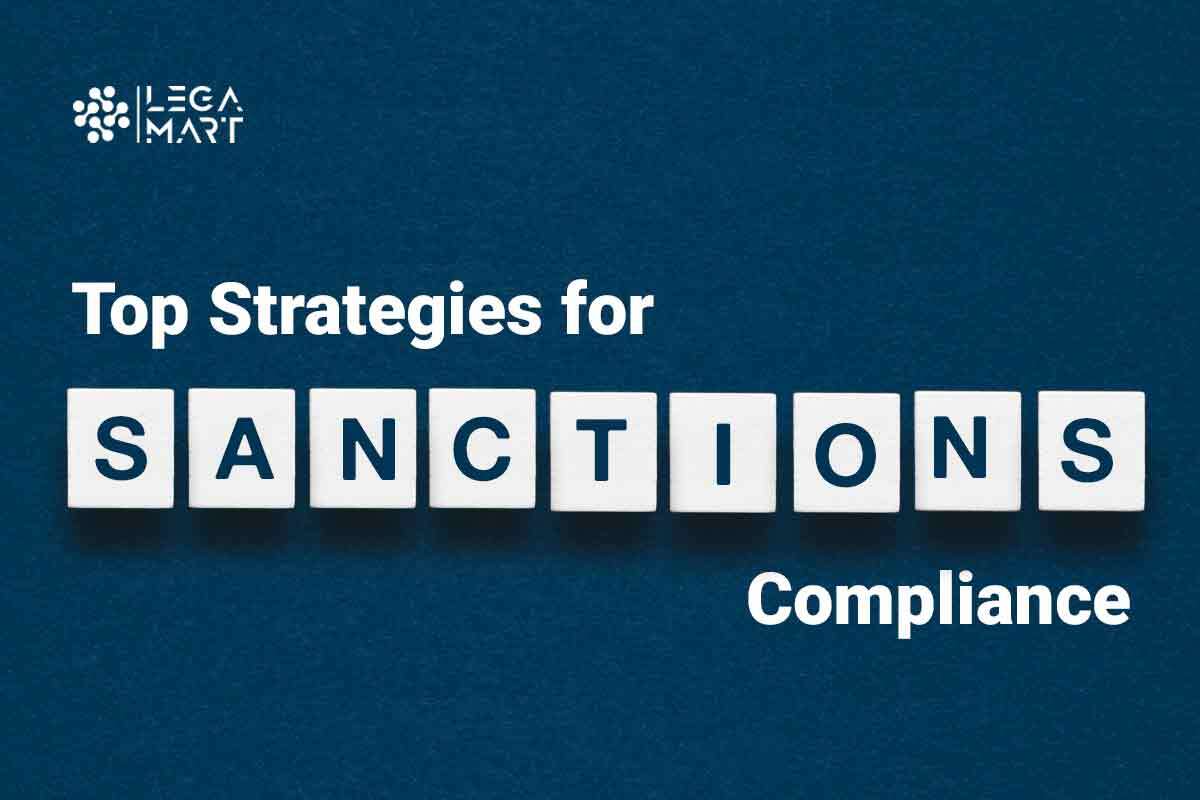Sanctions are all across the place. With the expansion of global networking, economic sanctions are impose by multiple governments worldwide to safeguard their personal and national interests.
Having that said, compliance with evolving sanctions has become more difficult than ever. It’s not restricte to manual screening alone rather sophisticated nature of hidden networks mandates the need for sophisticated screening measures.
Advanced sanctions screening is a tool that enables deep scrutiny into risks and potential threats for proactive risk detection. Screening for sanctions can take up to many forms, either applied narrowly or covering a wide range of sectors. However, questions concerning around when to screen and how to screen haven’t been answer precisely by sanction-ascribing authorities.
Thus, this blog will be your ultimate guide to learning about financial targeted sanction screening, how it helps, and further delving into the pace and frequency of targeted screening.
What are Targeted Financial Sanctions?
As the name implies, targeted financial sanctions (TFS) refer to specific individuals and entities. These sanctions are impose by United Nations, Security Council Resolutions.
With an aim to target a specific type of risk relate to the threat or breach of protocols of international peace and security, these are meant to block precise damages.
The word financial represents the involvement of financial instruments in illicit activities that lead to the imposition of TFS.
These restrictions are label under “sanctions” as they are driven to coerce the act or reduce the emergence over time.
When to Screen & Who to Screen?
As a business that uses global sanction list screening at the time of onboarding, or a single user looking for efficient sanction screening software, the core foundation must be set with the integration of global sanctions screening into your server.
Entities or MLROs responsible for having a system in place must run screening checks at the time of onboarding and after regular intervals, especially when a triggering event sets in.
The urgency can be highlight by US global sanction screening during the crisis of the Russian invasion of Ukraine. The case began when the United States started adding people to the Specially Designated Nationals and Blocked Persons (SDN) list, marking the addition of 2275 in 2022, twice more than the total of 743 in 2021, indicating the efficiency and effectiveness of applying sanctions.
What Type Of Crimes Must Be Covered?
All crimes involving financial aspects must be cover in targeted financial screening. To be precise, white-collar crimes deeply influence the stability of our financial landscape, imposing heavy fines on law-abiding firms.
The commitment of the United States towards preventing financial crimes of all nature can be depicte through their strong abiding of sanction compliance. Businesses outside the US that enable transactions through US financial institutions must involve US dollars, even at the non-US branches of the same financial institutions.
The Office of Foreign Assets Controls (OFAC) mandate in 2022, that businesses or entities must be penalize for conducting business with sanctioned persons or entities through US-known financial institutions.
What are the steps involved in Targeted Finacial Sanction Screening?
The previously mention cases highlight the importance and power of sanctions in shaping the financial landscape of the region. While weightage of evidence along with lack of target sanctions screening, the key challenges must be address.
Despite the scarcity of implementation at both national and domestic levels, a very huge part of negligence is tie with systematic inefficiencies and lack of awareness which needs to be eradicate. However, potential steps to conduct efficient sanction list screening must include:
- Up-to-the-minute Regulatory Updates:
Screening is completely useless if it fails to comply with ongoing regulations. Keeping yourself update with sanction regimes (if they are being impose or lift off) may help you grow beyond borders.
- Custom-made Sanctions List:
Law-abiding authorities serve with cluttered data of sanctioned subjects. However, efficiency begins when the list aligns perfectly with the unique needs of your business. Having the flexibility to add or remove which lists to screen against helps foster speed and cost optimization.
- Improve Matching Criteria:
The core aspect of screening efficiency lies within exact matching. My deploying advanced matching features such as fuzzy logic, phonetic analysis, cultural name matching, and no similar matches or aliases can go unnoticed, ultimately reducing the hassle of false positives.
To Sum it Up
Considering the ongoing financial crisis across the globe, the need to implement targeted financial sanction screening is undeniable. Implementing these strategies can not help with an efficient screening process but align with unique business needs, keeping compliance costs and processes as simple as possible.
